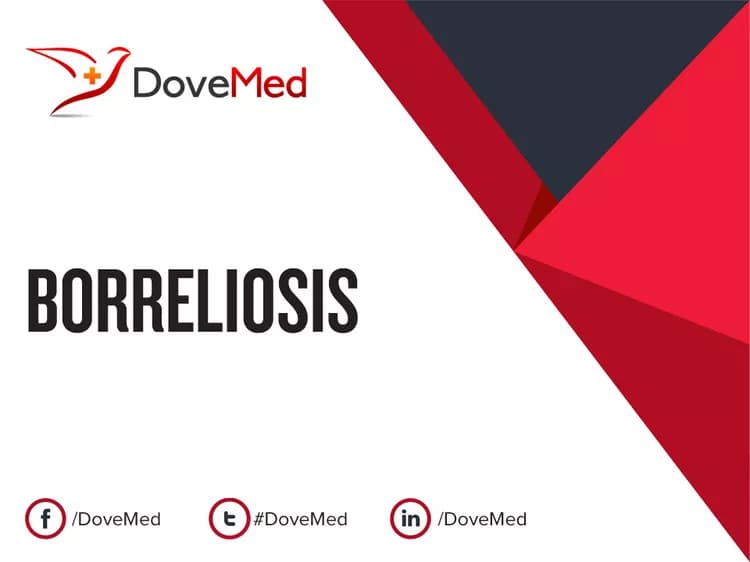The topic Borreliosis you are seeking is a synonym, or alternative name, or is closely related to the medical condition Lyme Disease.
Quick Summary:
- Lyme Disease (LD) is a non-contagious bacterial infection, caused by Borrelia burgdorferi. The disease is transmitted through the bites of infected blacklegged ticks
- Lyme Disease is reported to be the most prevalent tick-borne illness in Europe and North America. Typically, young children (below 15 years) and middle-aged and older adults (over 50 years) are more vulnerable to the infection
- The infected ticks lurk in grassy and heavily-wooded areas in the endemic regions, and therefore, such areas pose a potential risk for tick bites and consequently Lyme Disease
- Lyme Disease is categorized into three stages, depending on the progression of infection in the body. The symptoms experienced by an individual are dictated by the stage of the disease
- Stage 1 or ‘early localized Lyme Disease’, when the individual’s skin at the implantation site is infected, but the infection has not spread to other parts of the body
- Stage 2 or ‘early disseminated Lyme Disease’: In this stage, the causative bacteria begin to spread throughout the body
- Stage 3 or ‘disseminated Lyme Disease’, when infecting bacteria have spread throughout the body, including to internal organs
- In stage 1 of the disease, an infected individual could have a non-painful, non-itchy rash on the skin, and flu-like symptoms (fever, tiredness, and headaches). The rash presents a characteristic “bull’s eye” appearance (called erythema migrans)
- If not treated promptly, the disease can progress to stage 2, spreading to other parts of the body. The symptoms can include rashes on other parts of the body, away from the first rash, as well as joint pain and neurological problems. In severe cases, internal organs, such as the heart and liver, may be affected
- A healthcare provider might perform a physical examination, evaluate possibility of tick bites, and assess symptoms to diagnose Lyme Disease. Enzyme-linked immunosorbent assay (ELISA) test and western blot test are the commonly used laboratory procedures for the diagnosis of the infection
- The standard treatment for Lyme Disease is through antibiotics. Whether the affected individual needs oral or intravenous antibiotics is dictated by the severity and spread of infection
- Some potential complications from severe infection in Lyme Disease can include neurological symptoms (such as facial palsy), joint inflammation and pain, meningitis, and heart arrhythmia
- Lyme Disease may be prevented through using an insect repellant, keeping lawns/bushes trimmed, clearing piles of leaves, wearing clothes that leave the least amount of skin exposed, and looking for ticks on skin and removing them, following an outdoor activity in the endemic area
- The prognosis for Lyme Disease is favorable, if it is diagnosed and treated without any delay following the appearance of early-stage symptoms
Please find comprehensive information on Lyme Disease regarding definition, distribution, risk factors, causes, signs & symptoms, diagnosis, complications, treatment, prevention, prognosis, and additional useful information HERE.
Related Articles
Test Your Knowledge
Asked by users
Related Centers
Related Specialties
Related Physicians
Related Procedures
Related Resources
Join DoveHubs
and connect with fellow professionals



0 Comments
Please log in to post a comment.